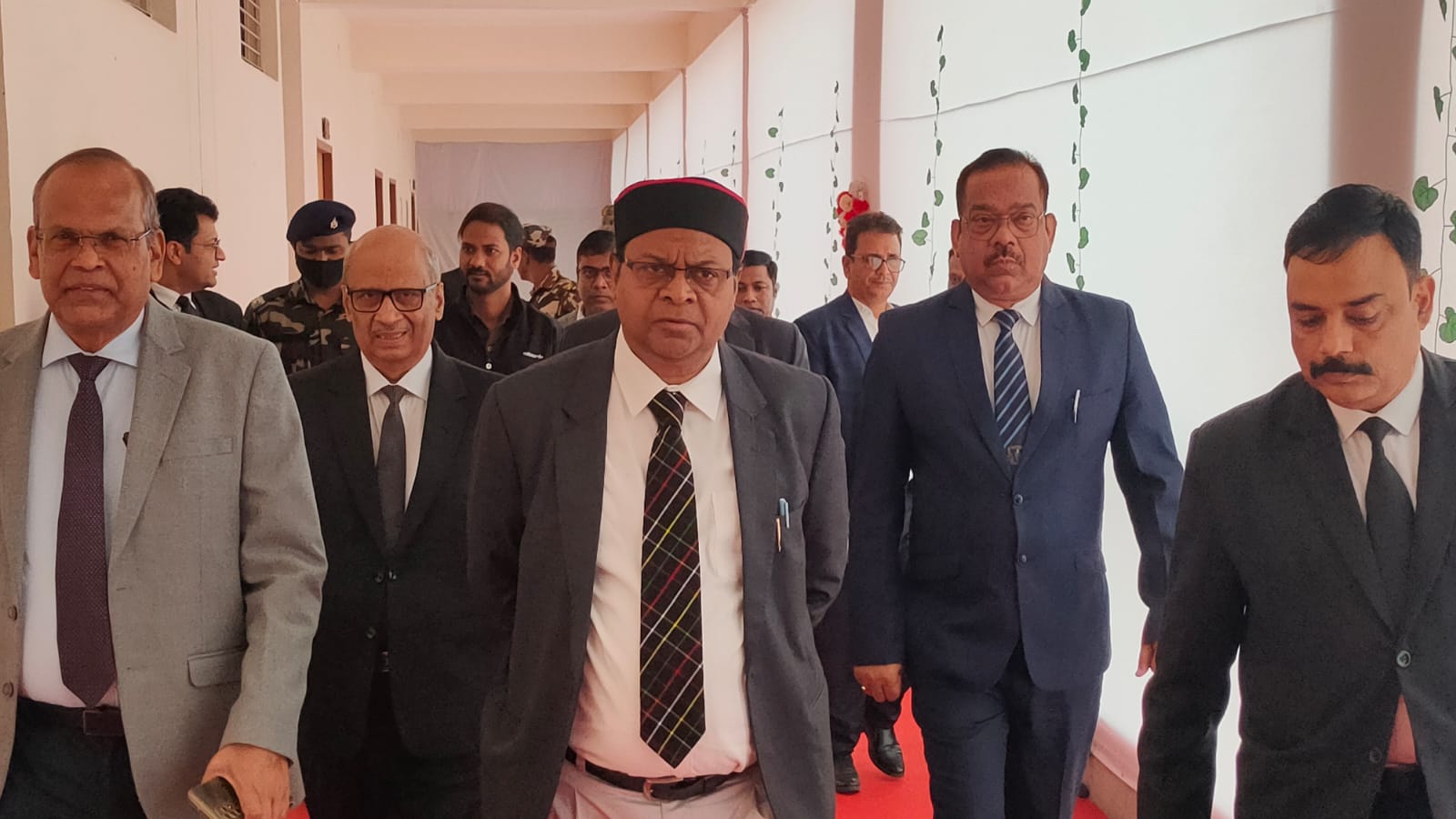Attempt to Derail Peace in Kashmir

The terrorist attack on tourists in Pahalgam, Jammu and Kashmir, stands out as one of the most brutal civilian-targeted strikes in the Valley in recent years. Carried out by four militants linked to Lashkar-e-Taiba (LeT), the assault is more than an act of violence — it is a deliberate attempt to sabotage the region’s hard-won progress toward peace, stability, and economic revival.
Over the past year, Kashmir had shown promising signs of transformation. A peaceful and high-turnout election held in September-October last year resulted in the establishment of a popular local government in Srinagar. This democratic success was soon followed by a boom in tourism. The first quarter of this year alone saw over 500,000 tourists visiting the Union Territory — the highest recorded influx in the last three decades. Such an unprecedented surge in tourism was more than a boost to the local economy; it was a sign that the people of the Valley were ready to move forward, leaving behind the painful legacy of militancy and unrest that had plagued the region since the 1990s.
It is against this backdrop of optimism that the Pahalgam attack strikes a particularly sinister chord. The choice of target — unarmed tourists — and the timing suggest a clear motive: to shatter the image of a peaceful, welcoming Kashmir and plunge the Valley back into an environment of fear and instability. This assault is a calculated strategy to reverse the visible socio-economic progress that challenges the long-standing separatist narrative.
The attack is also part of a broader pattern where acts of terror coincide with major diplomatic events. It occurred during the visit of U.S. Vice President JD Vance to India, reminiscent of the 2000 Chattisinghpora massacre — also attributed to LeT — which happened just before U.S. President Bill Clinton’s visit. Such timing is not coincidental. It is a tactical effort by extremist forces to internationalize the Kashmir issue by drawing global attention through violence.
The geopolitical context adds further clarity to the motives behind the attack. Pakistan’s military and political leadership currently find themselves under growing pressure. Domestically, they are contending with internal unrest, including a March hijacking of the Jaffar Express by Baloch separatists. Internationally, they face declining credibility. The United States, particularly under the Trump administration, has shown no inclination to entertain Pakistan’s long-standing claims on Kashmir. Beijing, once a steadfast partner in regional strategy, is increasingly concerned over Islamabad’s failure to secure Chinese investments and projects in the face of growing internal militancy. Meanwhile, India remains firm in its stance that there can be no dialogue until the terror infrastructure sponsored from across the border is dismantled. This diplomatic isolation has cornered Pakistan’s establishment, leading to a desperate shift in strategy — targeting civilians in the hope of reigniting conflict and drawing international intervention.
Attacks on tourists have historically been rare in Kashmir, even during the peak years of insurgency. This targeting of non-combatant visitors signals a dangerous escalation. It demonstrates a level of desperation that is both alarming and revealing. Militants are no longer just targeting the state apparatus; they are now directly attacking the economic lifelines and symbols of normalcy in the region.
The Indian government’s response to this attack must be strong and swift. Security forces will need to act decisively to bring the perpetrators and their handlers to justice. However, this response must be calibrated. It is vital that the state does not undo the democratic and civil liberties gained since the effective abrogation of Article 370 in 2019. The red line drawn after the Pulwama attack in 2019 must not only be maintained in terms of strategic retaliation but must also protect the integrity of Kashmir’s journey toward peace and development.
The Pahalgam attack is a tragic reminder that while progress has been made, the road ahead remains fraught with challenges. Yet, this attack should not be allowed to define the narrative of Kashmir. Instead, it must strengthen the resolve to protect the gains made in democracy, economic growth, and societal stability. The message to those seeking to destabilize the region must be clear: the people of Kashmir, and the Indian state, will not allow a return to the darkness of the past. Peace, once envisioned and now partially realized, is worth defending — and it will be.

 2 days, 17 hours ago
2 days, 17 hours ago





[[comment.comment_text]]